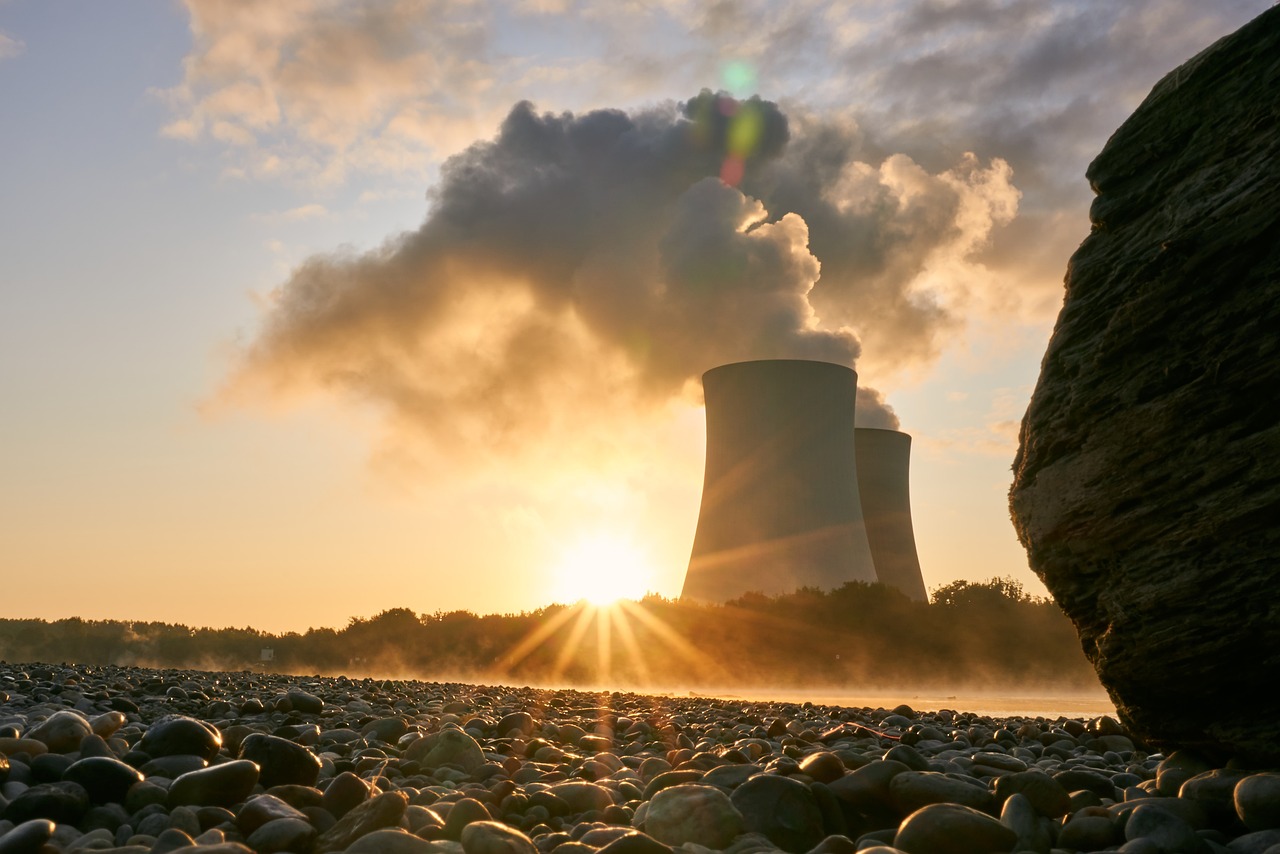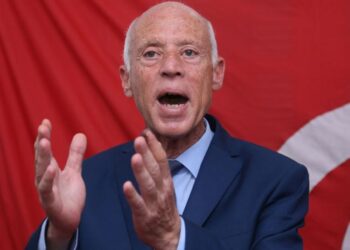On Thursday, Russian forces intercepted a Ukrainian drone near the town of Kurchatov, close to the Kursk nuclear power plant. Despite the close proximity, no damage was reported to the plant. Governor Alexei Smirnov confirmed that while debris from the drone caused explosions in a building unrelated to the plant, the facility itself remained unaffected. The plant’s operator, Rosenergoatom, assured that operations continued normally and radiation levels were within safe limits.
Ukrainian Foreign Ministry spokesman Heorhiy Tykhyi denied that Ukraine had targeted or fired weapons at the plant, refuting earlier reports on Russian Telegram channels that suggested a fire several miles from the nuclear facility following the drone interception.
Russia Takes Control of Vuhledar, Ukraine Strengthens Defenses
Russia’s Defense Ministry confirmed that its forces had taken control of the eastern Ukrainian town of Vuhledar, which had withstood Russian assaults for over two years. This victory was attributed to decisive actions by Russia’s “East” military grouping.

In response, Ukraine’s armed forces commander, General Oleksandr Syrskyi, ordered strengthened defenses in the eastern Donetsk region, following Ukraine’s pullback from Vuhledar. The retreat was aimed at preventing encirclement by Russian troops and preserving personnel and military equipment. Despite this setback, Russian troops continue to advance in various sectors of eastern Ukraine.
Moscow’s Continued Territorial Gains
Moscow’s forces now control nearly 20% of Ukrainian territory, with President Vladimir Putin stating that Russia’s primary goal is the full takeover of the Donetsk and Luhansk regions. The ongoing conflict, now in its 2.5-year mark, remains the largest land war in Europe since World War II and has drawn major international involvement.
The War’s Escalating Danger
Russian diplomats have warned that the current phase of the conflict is entering the most perilous stage yet. Deputy Foreign Minister Sergei Ryabkov emphasized that the risk of direct armed clash between nuclear powers should not be underestimated, drawing comparisons to the 1962 Cuban Missile Crisis, when the world came closest to nuclear war. However, Ryabkov stressed that the present situation is unprecedented.

















